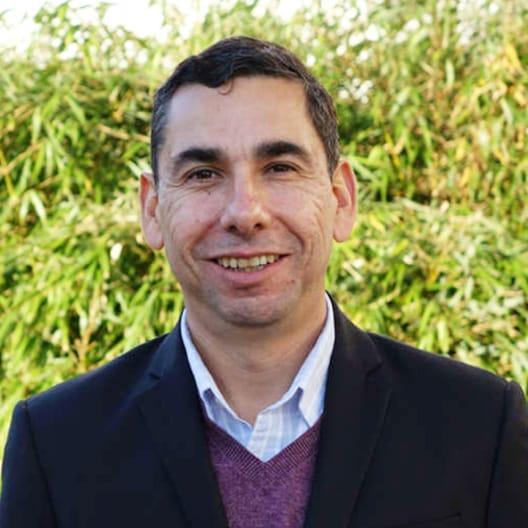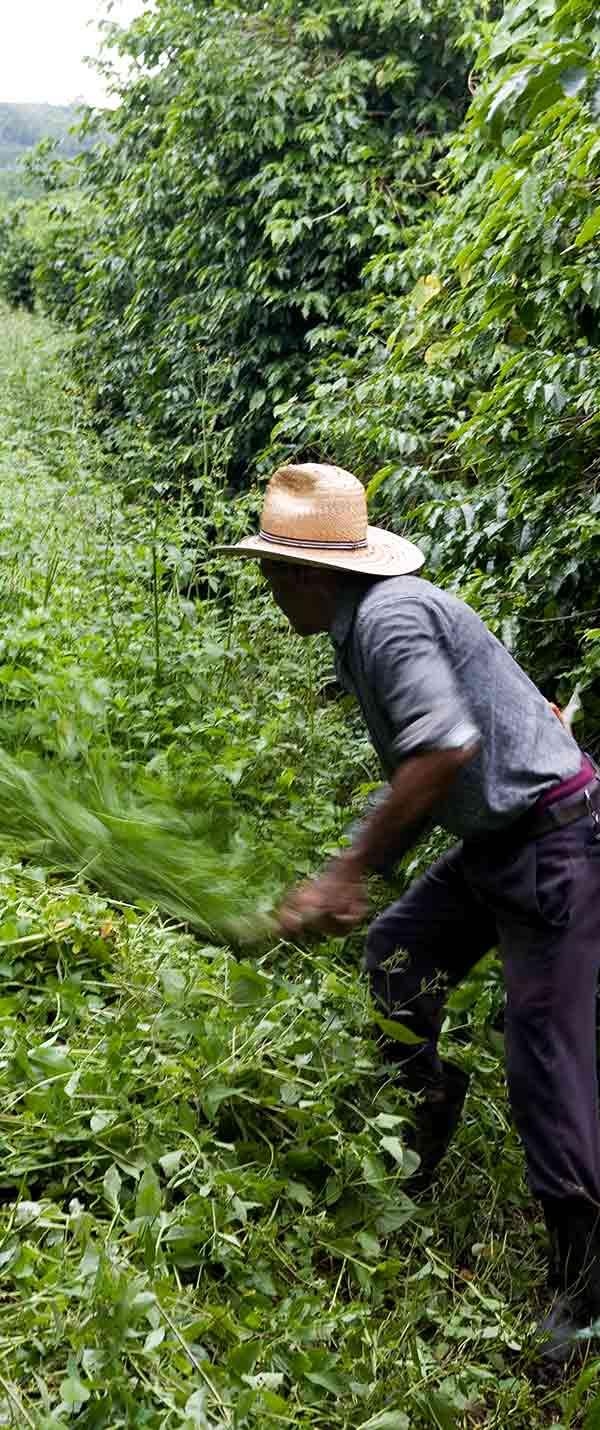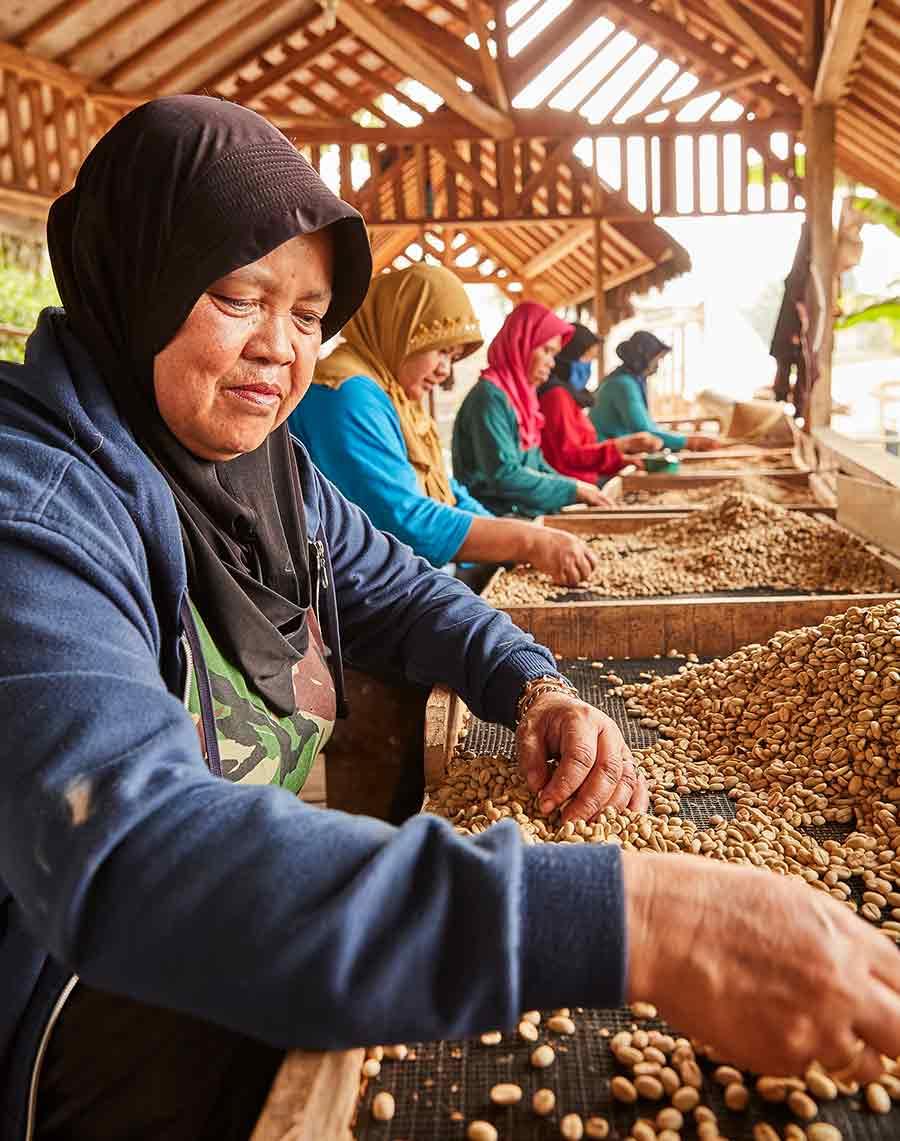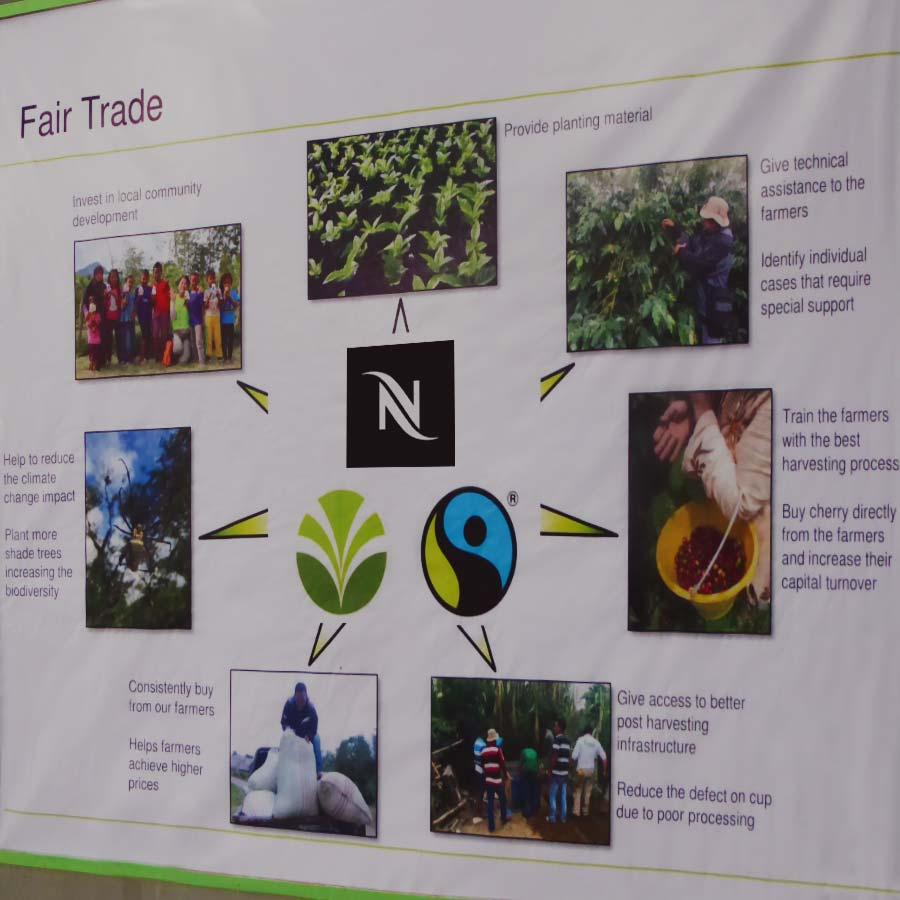
Authored by
DARIO SOTO ABRIL
Former Global CEO,
Fairtrade International
Farmers and their families in the Global South often live on the edge, buffeted by a constant stream of economic and environmental challenges that can threaten their very survival. One of Fairtrade’s core aims is to empower producers to build resilience against these challenges, through strong producer organizations, fair trading conditions and smart partnerships.
Price volatility on world commodity markets can be a huge threat to income stability. In 2018, the New York Coffee C futures contract, the world benchmark for arabica, plunged to less than USD 1 per pound for the first time since 2006, slamming earnings for farmers and small producer organizations worldwide at a time of ever-increasing farm and living costs.
Small producers in the South are also on the front line of climate change, facing floods and drought that can damage or even wipe out crops. Coffee diseases have increased in intensity and are creeping into new areas. In 2013-2014, leaf rust devastated 70% of the coffee harvest in El Salvador and 23% of that in Honduras, threatening the food security of thousands of families who were already hit by low prices for their crop.
These threats will not disappear overnight, but they can be mitigated if farmers become more resilient, better able to absorb shocks and build strong foundations for stable, lasting communities.


RESILIENCE AGAINST PRICE SHOCKS
Resilience is at the heart of Fairtrade’s mission. We believe that farmers must be empowered to take control over their lives and the issues that affect them, including the production of crops such as coffee and the way those crops are traded. Uniquely among certification schemes, the Fairtrade system is 50% owned by producers.
Fairtrade changes the way trade works through better prices, long-term relationships and a fairer deal for farmers and workers, so they can decide how to invest in their future. Producers receive a Fairtrade Minimum Price that aims to cover the average costs of sustainable production and acts as a safety net when market prices drop, protecting from extreme downward price fluctuations. They also receive the Fairtrade Premium, an extra sum of money that farmers direct collectively towards goals such as improving farming or business practices, or supporting health or education in their community.
SMART BUSINESS RELATIONSHIPS
Resilience is also about relationships. Risk should be shared fairly; prices and contracts should be transparent and access to finance should be enhanced – either through pre-finance or other means of credit. Fairtrade’s certification Standard for traders encourages trusting, long-term trading relationships that enable planning and foster stability.
To achieve this requires trading partners who share this vision and who are ready to enter into a mutually beneficial partnership with the producer. This is what we call smart business relationships.

NESPRESSO AND FAIRTRADE
For several years, Nespresso has been working with Fairtrade to forge these smart business relationships. Since 2015, for example, a public-private partnership between Nespresso, the Colombian Ministry of Labour, the Aguadas Coffee Cooperative and Fairtrade has developed a retirement savings plan that supports coffee farmers with improved financial security.
Nespresso has gone a step further, launching two Fairtrade certified coffee varieties from Colombia and Indonesia, with more to come soon.
COMMUNITY RESILIENCE
Better, more sustainable production methods also increase resilience. Fairtrade’s Standards for producers contribute to protecting natural resources, biodiversity and the wellbeing of local communities. Through the Premium, Fairtrade-certified producer organizations often invest very significant sums to strengthen their businesses, such as by setting-up Agroforestry systems or renewing coffee plantations with varieties resistant to leaf rust.
In Colombia, Nespresso, Fairtrade and other partners are now working on a crop insurance pilot called Café Seguro, which uses a weather index to cover coffee farmers against excess rainfall and drought.
We still have a long way to go, and we cannot do it on our own. The benefits of Fairtrade are greatest when farmers can sell a significant portion of their crop on Fairtrade terms, but this is not always the case. The Fairtrade Minimum Price protects against the worst price shocks, but persistently low market prices still grind down coffee farmers’ incomes. Fairtrade is intensifying its strategy to deliver a living income for all farmers, but the challenges remain immense.
That’s why partnerships are so crucial, bringing together actors along the supply chain to forge fairer, more durable business relationships that allow farmers to increase their resilience and live more stable, prosperous lives – contributing in turn to more sustainable supply chains.
Article updated in: June 2025

